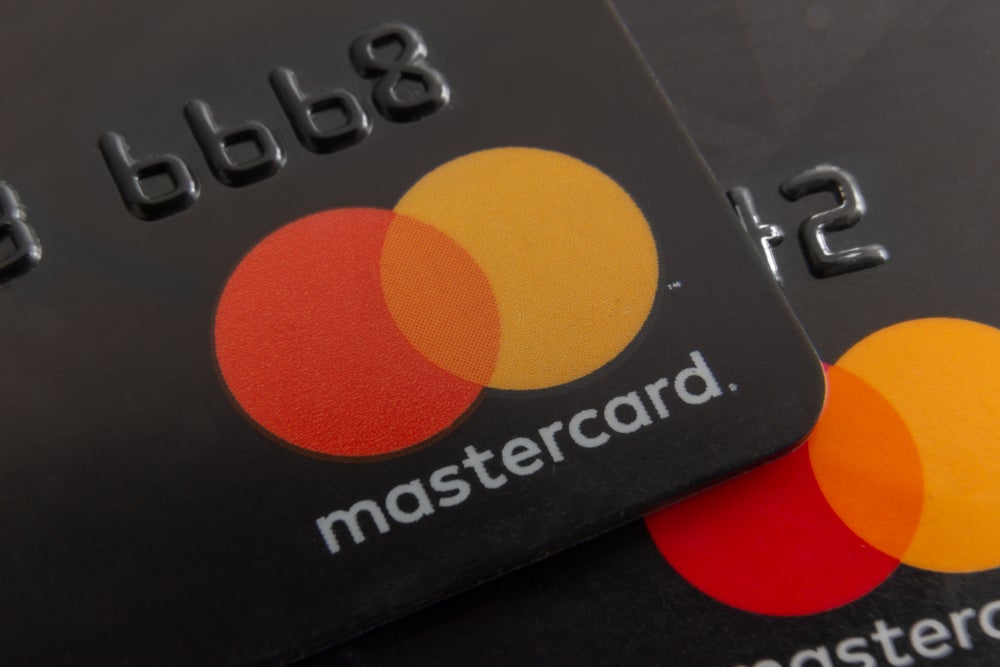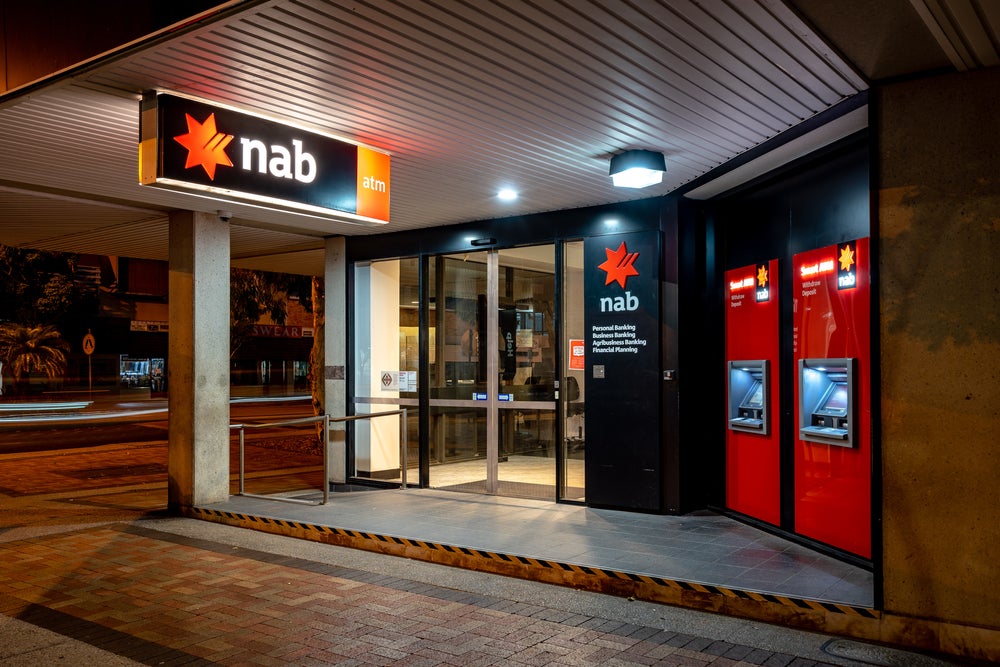
Mastercard is on a mission to help merchants manage the rising tide of first party fraud. Its First Party Trust programme was announced late last year. And it is set to launch in the US later this year.
Mastercard collaboration with industry groups, Forter and Kount
The programme has been developed in collaboration with industry groups including the US Merchant Advisory Group and Merchant Risk Council.
In addition, Mastercard is working with Forter and Kount, an Equifax company, to better help merchants manage their misuse programmes.
The initiative is focused on creating greater transaction transparency. It gives merchants and small businesses the opportunity to submit pertinent insights to counter the menace of first-party fraud.
Specifically, it optimises approval rates and simplifies the dispute process by activating retailers’ most powerful protection against first-party misuse: data.
Merchants have plenty of transaction information that is used to help recognise genuine purchases. This includes geographic locations, account names, device specs and behavioural and physical biometrics. But hitherto, they have lacked simple ways to share data amongst each other and get protection from fraudulent disputes.
How well do you really know your competitors?
Access the most comprehensive Company Profiles on the market, powered by GlobalData. Save hours of research. Gain competitive edge.

Thank you!
Your download email will arrive shortly
Not ready to buy yet? Download a free sample
We are confident about the unique quality of our Company Profiles. However, we want you to make the most beneficial decision for your business, so we offer a free sample that you can download by submitting the below form
By GlobalDataThe First-Party Trust programme provides merchants with a secure channel for submitting pertinent information as part of a Mastercard transaction. Combined with Mastercard’s network-level analytics, this data will uncover insights into a cardholder’s purchase history and behaviour indicating first-party misuse.
Helping to expose card misuse, streamlining chargebacks for merchants
Merchants can submit this information at the time of purchase or once a dispute arises. During the transaction, Mastercard’s advanced AI and risk modelling uses the data to enhance the detection of true third-party fraud. Moreover, it bolsters the case against dishonest chargebacks later on.
So, by confirming the absence of any of the usual hallmarks of identity theft, the programme can expose first-party misuse.
By automatically collecting, organising and parsing this data, the First-Party Trust programme streamlines the chargeback process. When a customer contests a charge, Mastercard can use the information to make quicker liability decisions — without further demands on the merchant. If the analysis suggests first-party misuse, the issuer can also present that data to the customer to see if they want to cancel their claim.
“The programme gives issuers the data and confidence to have that sort of conversation with the cardholder,” says Sandy Condellire, Mastercard’s senior vice president for Cyber & Intelligence Solutions. “And we can spare the merchant, who has been overburdened with the cost of friendly fraud to date.”
After launch in the US later this year, it will then expand to other markets around the world. The programme is optional. If a merchant chooses to participate, they transmit the data using existing channels. Forter and Kount were among the first companies to sign on.
Related content:







